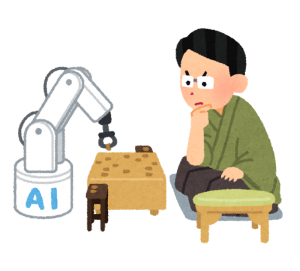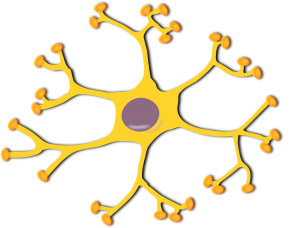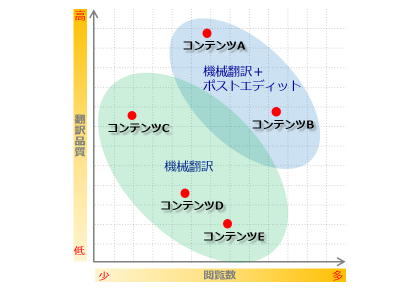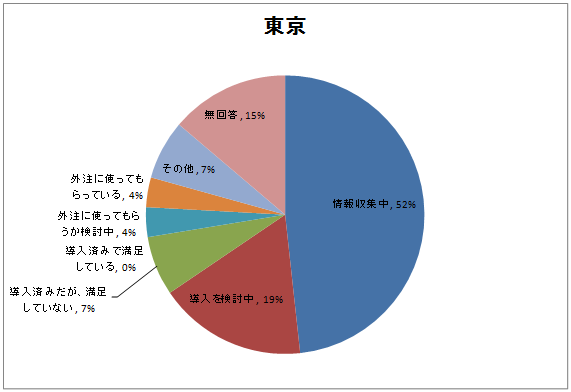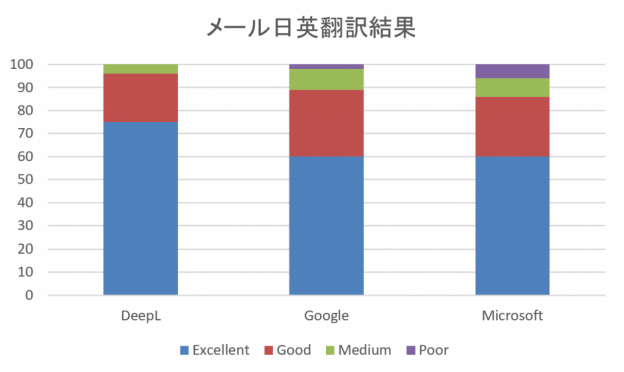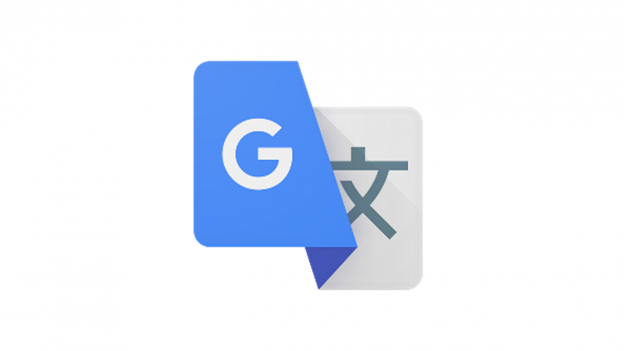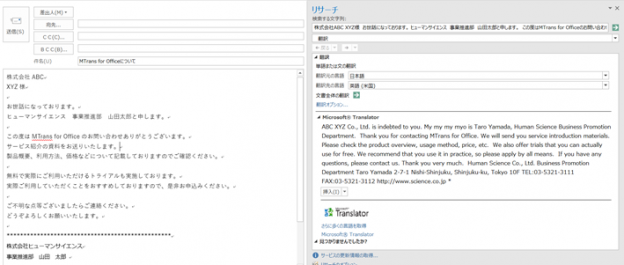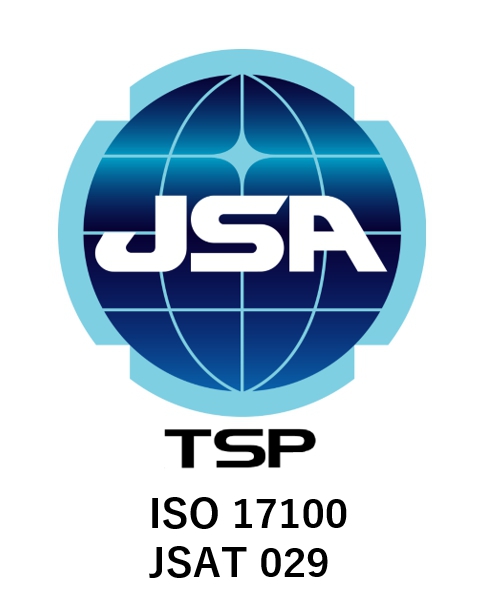Recently, there has been a lot of news about "artificial intelligence".
"Artificial intelligence" is a technology that aims to develop machines that can perform the same judgments as humans, such as seeing, hearing, associating, and solving problems.
The news that Google's artificial intelligence "AlphaGo" won against the world's strongest chess player was featured the other day.
"AlphaGo" is said to remember "10 to the power of 360" possible moves and make the most appropriate move on the spot.
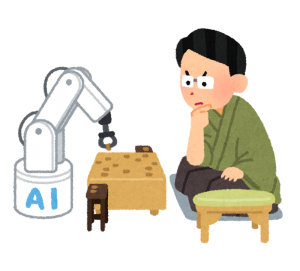
As such, artificial intelligence that can process vast amounts of data is also being applied to language processing technology.
"Watson" from IBM is a computer designed to improve automatic question-answering technology,
capable of understanding human language.
It gained attention for its success on a quiz show in the United States.
Recently, it has become well-known through commercials featuring Ken Watanabe.
"Watson" has the equivalent language data of reading 1 million books stored,
and by analyzing this vast amount of data, it is said to be able to derive the most appropriate response, taking into consideration the context of the speaker's words.
It is expected to be utilized in customer service at hospitals and support centers in the future.
As represented by these examples, advanced thinking that was previously thought to only be possible by humans,
has now been replaced by automatic processing by computers.
Services that incorporate such artificial intelligence into machine translation mechanisms are also increasing.
For example, Microsoft is using the technology of "machine learning" to provide the service of real-time voice translation on their internet phone service Skype. This service allows the user to see and hear the words spoken by the person they are talking to in real-time. While the number of languages supported for voice translation is limited, the service can translate text in 40 different languages. By using "machine learning" technology, the machine will analyze and learn from the data used, so the more users that use it, the more accurate the translation will become.
In machine translation, it is still considered difficult to do "contextual translation" like a human does.
However, as research in this field of artificial intelligence progresses, it is possible that an entirely new engine with the ability to perform translations similar to human translators may emerge.
Many people may still be hesitant to introduce machine translation, but the technology surrounding it is advancing day by day.
As we consider implementing machine translation, it will become increasingly important to keep up with the latest information.
In the future, this will likely be even more in demand.
At Human Science Co., Ltd., we will continue to share the latest engine information and technical information on this blog!
Blog Writing Team

Yuriko Sawada
・As a Localization Specialist,
I am involved in translation projects from Japanese to English and multiple languages.
・I am responsible for introducing machine translation, evaluating and verifying the quality of multiple engines,
and exchanging information with engine vendors.
・I am involved in standardizing English text quality and creating style guides for companies,
and also conduct research and verification of source texts that are easy to machine translate.

